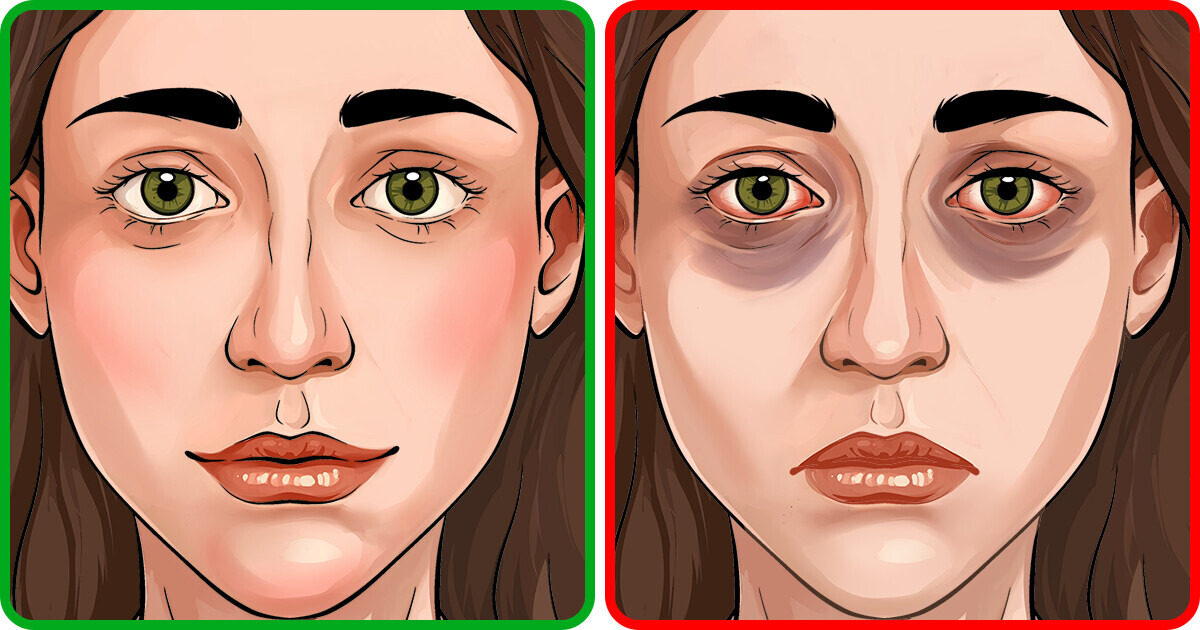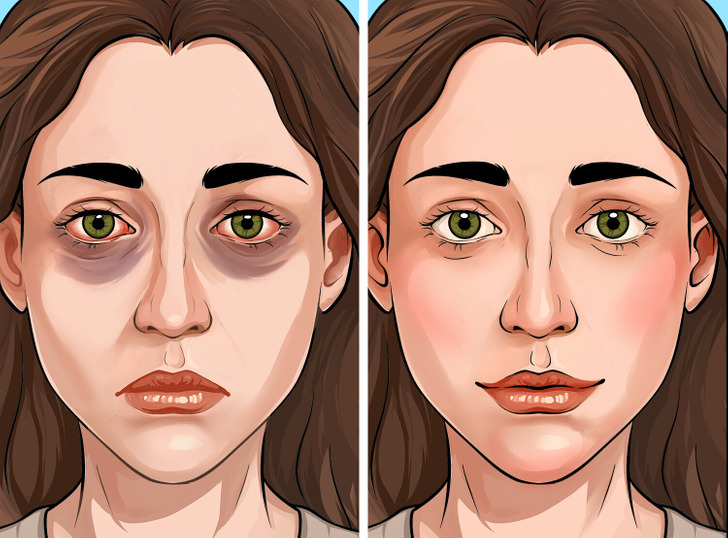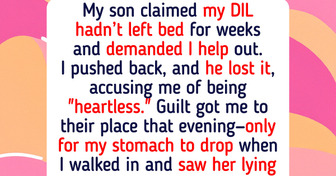mein bruder ist daran gestorben
4 Signs of Asthma You Might Not Realize You Have

Asthma is a condition that causes the airways to narrow, swell, and produce extra mucus, making it harder to breathe. This can lead to coughing, wheezing, and shortness of breath. For some, it’s a mild inconvenience, while for others, it can be serious and even life-threatening. Let’s learn from the article.
Symptoms
Asthma symptoms can be different for everyone. Some people have occasional flare-ups, while others experience symptoms only in certain situations, like during exercise, or deal with them all the time.
Common signs of asthma include shortness of breath, chest tightness or pain, and wheezing—especially when exhaling, which is common in children. It can also cause trouble sleeping due to coughing or wheezing, and symptoms may get worse with colds or the flu.
Asthma may be getting worse if symptoms become more frequent and bothersome, breathing becomes more difficult (as shown by a peak flow meter), or there’s an increased need for a quick-relief inhaler.
Trouble sleeping

Breathing problems during sleep are very common and can have serious health effects. They can lead to poor sleep quality, daytime fatigue, and trouble thinking clearly. Research also links sleep-related breathing issues to conditions like high blood pressure, heart problems, and insulin resistance.
People with asthma are more likely to have sleep disturbances, such as trouble falling asleep, frequent awakenings, and feeling tired during the day. The way asthma worsens in the morning can help doctors assess its severity and choose the right treatment. Managing asthma properly can improve sleep quality and reduce the impact of breathing issues during sleep.
Tight chest
A tight chest can be a sign of asthma and may feel like a band squeezing around your chest, a dull ache, or even a sharp pain. In children, this sensation is sometimes described as a tummy ache. Chest tightness can come and go or be triggered by things like exercise, allergies, or cold air.
If it happens often, gets worse, or is accompanied by trouble breathing, wheezing, or coughing, it’s important to see a doctor. Proper asthma management can help relieve these symptoms and prevent more serious complications.
Shortness of breath
Shortness of breath can be a sign of asthma, but it usually comes with other symptoms like coughing or wheezing. You might also experience chest tightness, fast breathing, fatigue during exercise, or trouble sleeping at night. If you have any of these symptoms, it’s best to check with your doctor.
They can run tests to see if asthma is the cause or if another health condition is behind it, ensuring you get the right treatment.
Wheezing (a whistling sound when breathing)
Wheezing when exhaling is one of the most common signs of asthma, especially in children. It may sound like a high-pitched whistling noise and can become more noticeable after physical activity or exposure to triggers like allergens or cold air.
Coughing or wheezing attacks can also get worse when you have a respiratory virus, such as a cold or the flu. These infections can make asthma symptoms more severe and harder to control.
If you or your child experience frequent wheezing, coughing that worsens with illness, or trouble breathing, it’s important to see a doctor. They can assess the symptoms, provide a proper diagnosis, and recommend the best treatment to help manage asthma effectively.
When to See a Doctor:
- If you think you have asthma — If you’re experiencing frequent coughing, wheezing, or other asthma symptoms that last more than a few days, see your doctor. Early treatment can help prevent long-term lung damage and keep symptoms from getting worse.
- For ongoing asthma management — If you’ve already been diagnosed, regular check-ups with your doctor can help keep your asthma under control and reduce the risk of serious attacks.
- If your symptoms worsen — If your medication isn’t working as well, or you need to use your quick-relief inhaler more often, contact your doctor right away.
- To adjust your treatment — Asthma can change over time, so it’s important to review your symptoms with your doctor regularly and update your treatment plan as needed.
- Never take more medication than prescribed without talking to your doctor first, as overuse can lead to side effects and may worsen your asthma.
Comments
Related Reads
I Refuse to Babysit My Stepson Just Because I Work From Home

I Refuse to Care for My Daughter’s Baby, I’m Not a Free Childcare Center

15 Moments That Remind Us Kindness Isn’t Weakness, It’s Quiet Survival

Our “Romantic” Vacation Was Hijacked by My Wife’s Family—And It Forced Us to Reevaluate Our Relationship

I Refuse to Take Care of My Sick DIL, I’m Not Her Full-Time Nurse

11 Touching Stories of Kind Strangers Who Became Someone’s Light

I Kicked Out My Sister and Her Son After His Behavior Crossed a Line

15 Stories That Prove Some People Live in a World With Totally Different Logic

14 People Who Just Went With the Flow and Ended Up With a Story Worth Telling

12 Times Kindness Stopped Damage From Becoming Destiny

16 Stories That Prove a Dad’s Love Is the Most Powerful Magic in the World

15 Stories That Prove Kindness Wins When Everything Else Falls Apart



